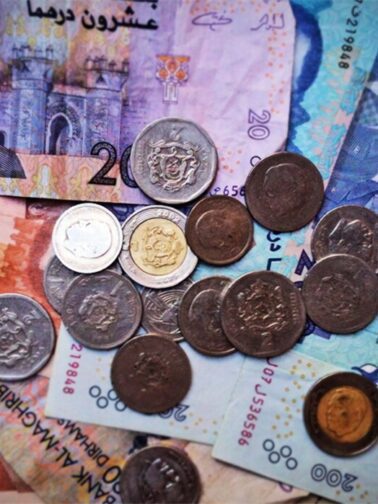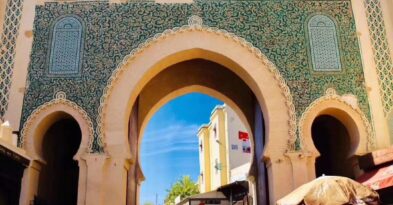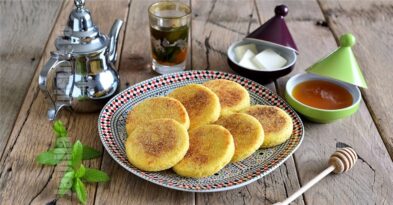What you need to know before traveling to Morocco
Traveling to Morocco? There are some things you might want to know before entering the country.
Do I need a visa?
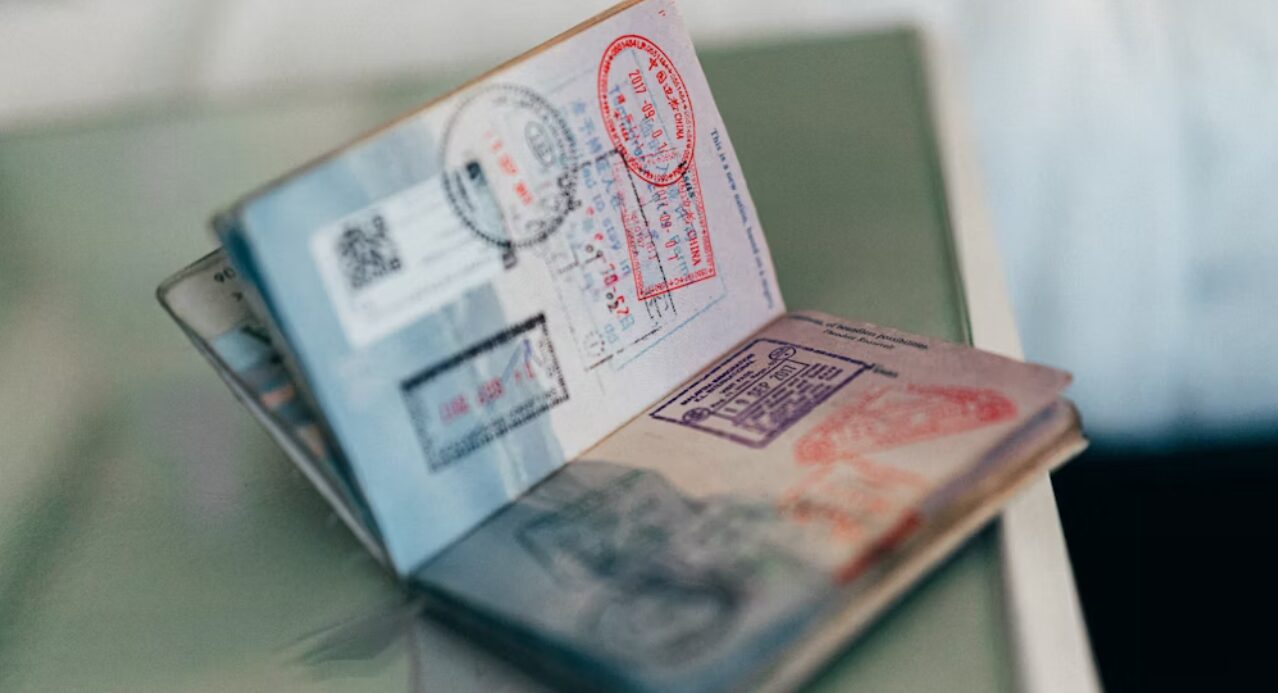

Please note that citizens of the following countries do not need a visa to enter the Kingdom of Morocco and can stay up to 90 days:
European countries
All European Union member states, Andorra, Iceland, Liechtenstein, Monaco, Norway, San Marino, and Switzerland.
North and South American countries
Algeria, Argentina, Brazil, Canada, Chile, Dominican Republic (60 days), Mexico, Peru, and United States.
Asian and Middle Eastern countries
Bahrain, China(Hong Kong&Macao <30 days>), Indonesia, Japan, Kuwait, Malaysia, New Zealand, Oman, Philippines, Qatar, Russia, Saudi Arabia, Singapore (30 days), South Korea, Tunisia, Turkey, United Arab Emirates, African countries, Algeria, Gabon, Niger, and Senegal.
Other countries
Australia, United Kingdom (British citizens, British National (Overseas), and British Subjects with a Right of Abode).
Reminder:
- Visitors who intend to stay in Morocco for more than 90 days must apply for permission to extend the duration of their stay at the nearest police station, indicating their place of residence in Morocco. Citizens of countries not listed above need a visa – check the visa application form here.
- To check the most-up-to-date information: https://www.acces-maroc.ma/#/
- There are citizens of countries that can apply for an evisa and you can also check the information here:https://www.acces-maroc.ma/#/
- For anyone that requires a visa to enter Morocco, we will provide every document needed to help you get a visa smoothly.
Moroccan Customs and Border Formalities
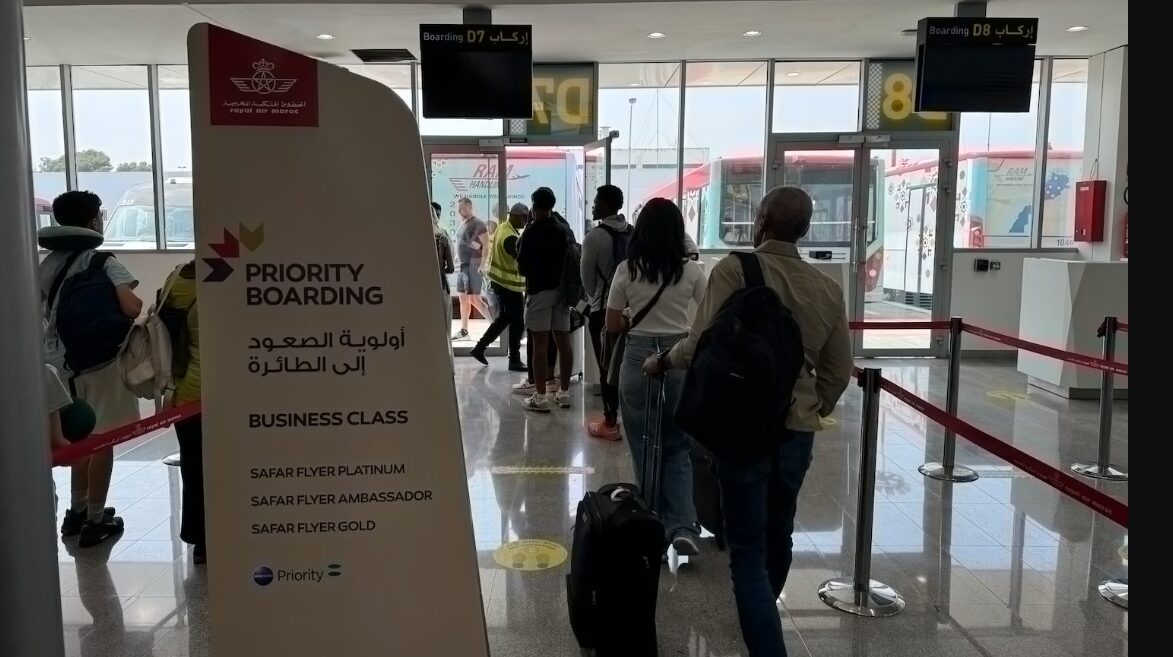
1. Pre-Departure Preparation & Entry Inspection
Valid Passport: Ensure your passport remains valid for at least 6 months beyond your planned departure date from Morocco.
Return Flight Ticket: Provide proof of a booked return flight confirming your intention to leave Morocco within 90 days.
Hotel Reservations: Present confirmed accommodation bookings for your stay in Morocco.
Sufficient Proof of Funds: Carry a credit card or an appropriate amount of cash to demonstrate you have adequate travel funds.
2. Restrictions on Carrying Items
When entering or leaving Morocco, the items you carry should be limited to personal travel necessities, including electrical appliances, clothing, and other goods. Specific restrictions include:
No more than 1 bottle of alcoholic beverages
No more than 2 cartons of cigarettes
No more than 150 ml of perfume
Do not carry drones into Morocco unless you have obtained prior authorization through declaration and approval.
Currency & Payment Methods
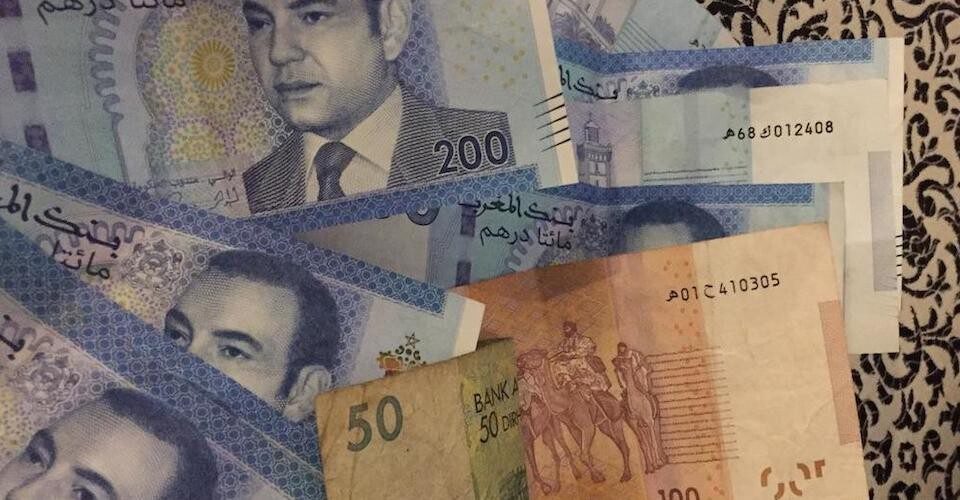

Morocco explicitly prohibits the import and export of the dirham (the local currency). Travelers may freely bring foreign currency into the country. However, those carrying cash exceeding 50,000 dirhams in equivalent value (including foreign currency) upon departure must strictly comply with the declaration system and complete the declaration process upon entry.
Local Currency: The Moroccan Dirham (MAD) is the official currency. Since around 2010, its exchange rate has remained stable between 0.09–0.11 EUR or 0.10–0.125 USD. Generally, the dirham’s exchange rate is relatively steady with minor fluctuations.
Please note:
A foreign transaction fee of approximately 3% is typically charged when withdrawing dirhams from ATMs.
Transactions may be declined due to overseas spending limits; it is advisable to confirm with your bank before traveling.
Credit cards are widely accepted in larger commercial establishments, but cash is preferred in souks (open-air markets) and smaller shops.
Cash payments provide a significant advantage, especially when negotiating prices.
Language Environment
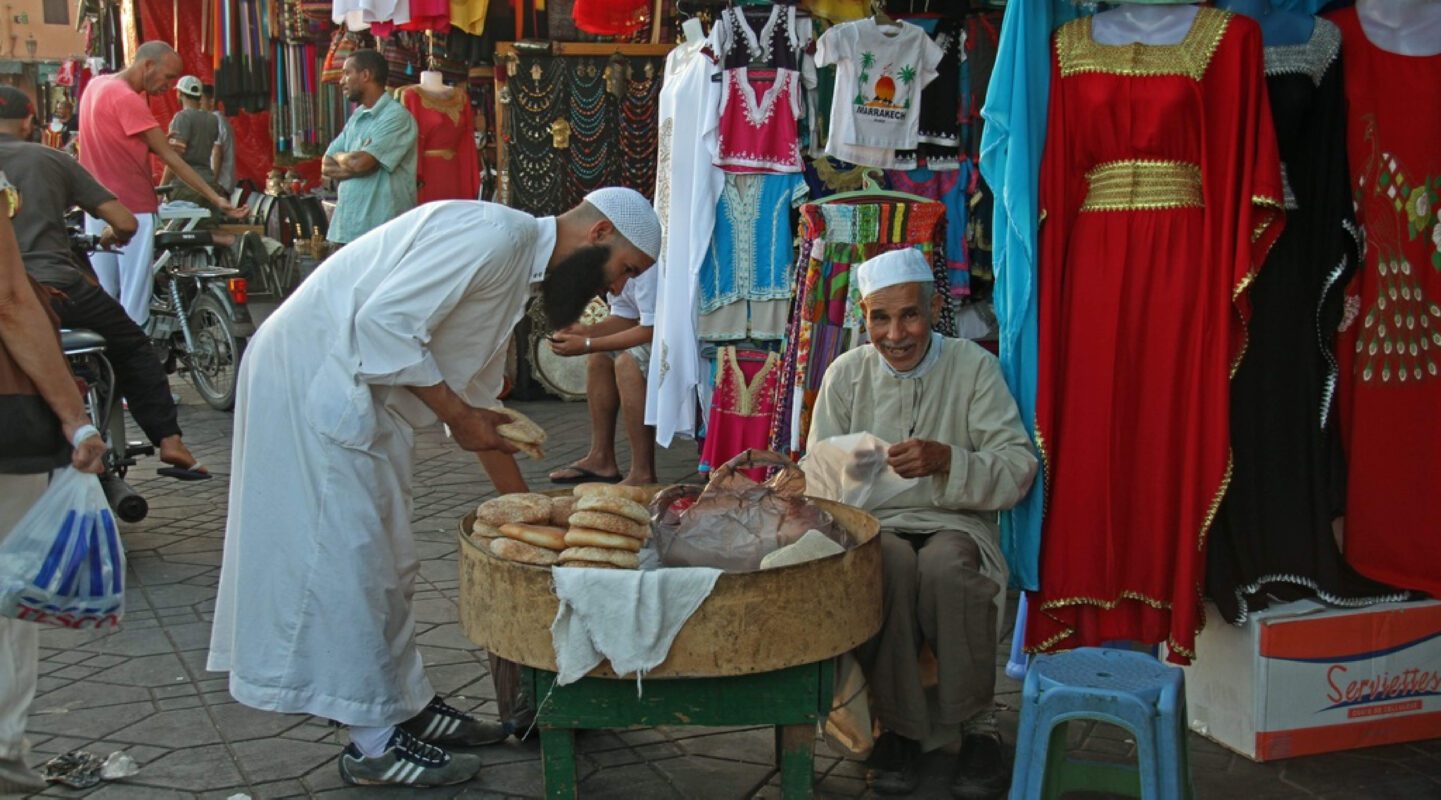

Moroccans commonly speak a mix of Arabic and Berber (a traditional language with deeper historical roots in the region). Additionally, French is widely used as an official language, while Spanish and English are also commonly spoken in tourist areas.
What Moroccan customs are important to keep in mind?
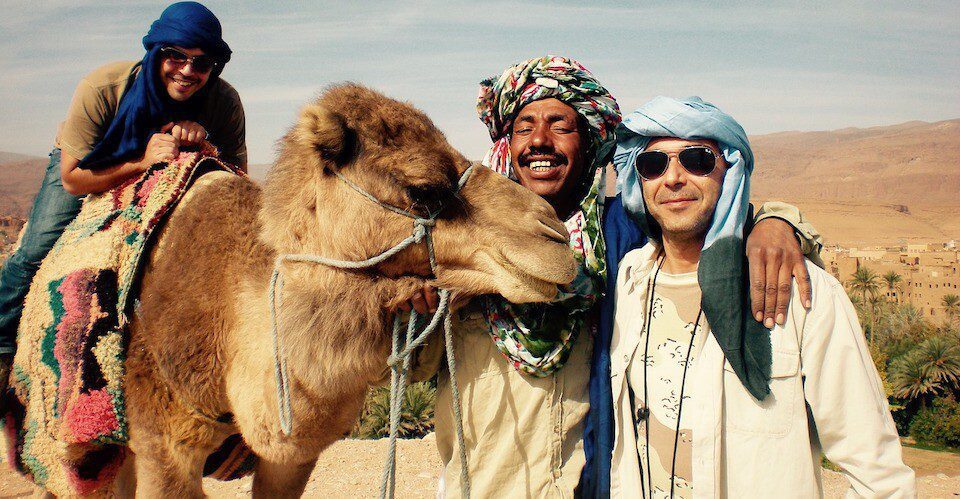

Contrary to common perception, Morocco demonstrates certain flexibility in social customs, more visible in urban areas than villages, despite generally maintaining rigid family structures.
Three primarily Western-accepted behaviors may encounter disapproval in this Arabic-rooted culture:
The first and perhaps most surprising aspect concerns left-hand usage. For socially significant interactions, it is recommended to refrain from shaking hands with your left hand.
The second major difference lies in dress code. While Morocco is hot in summer and you can wear summer clothes, in the more conservative central mountains, southern regions, and desert areas where local populations hold more traditional values, both men and women should pay extra attention to their attire. The most appropriate clothing would be breathable half-sleeve shirts with knee-length trousers for men, while women are advised to wear long skirts. When visiting mosques, women must wear headscarves to cover their hair along with long sleeves, and men are also required to wear long trousers.
The winter climate is mild with an average January temperature of 12°C, but mountainous areas experience significant temperature differences between morning and evening. In desert areas, thick coats are necessary. Morocco has strong UV exposure, so sun protection is essential. For desert excursions, preparing a scarf for wind and sand protection is crucial.
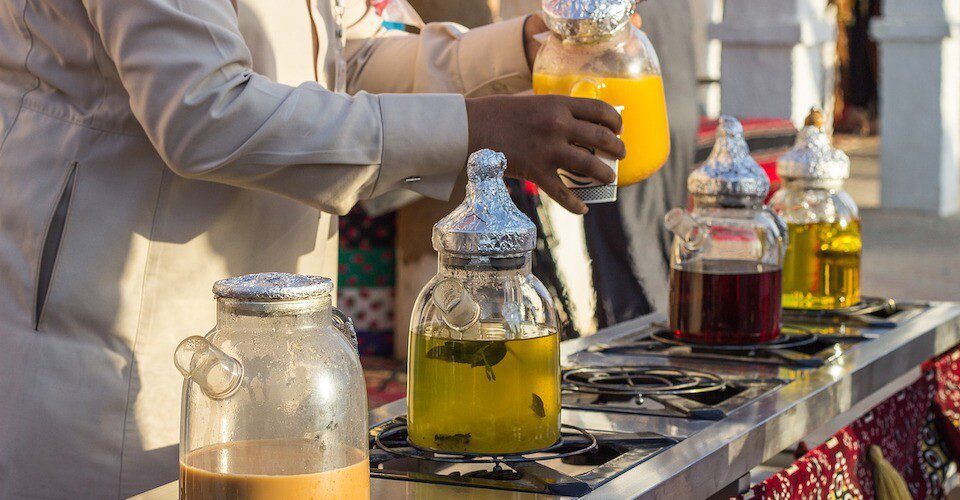

The third major difference concerns alcohol consumption. Moroccans are prohibited from drinking alcohol by Islamic teachings, so publicly offering alcohol is discouraged. However, nearly all tourist restaurants maintain well-stocked wine lists, and in cities like Marrakech there are numerous bars where you can enjoy beer, wine and other alcoholic beverages. Our itineraries also include optional visits to vineyards near Meknes, though advance reservations are required.
Should I buy travel insurance?


Morocco is a safe and peaceful country, but it is always good to have access to benefits and be safe during your trip.
A Travel Insurance to Morocco is easy to buy and very cheap. You can do this process over the Internet. For example, here:
http://www.worldnomads.com/ or https://www.sevencorners.com/
What kind of power converter do I need?
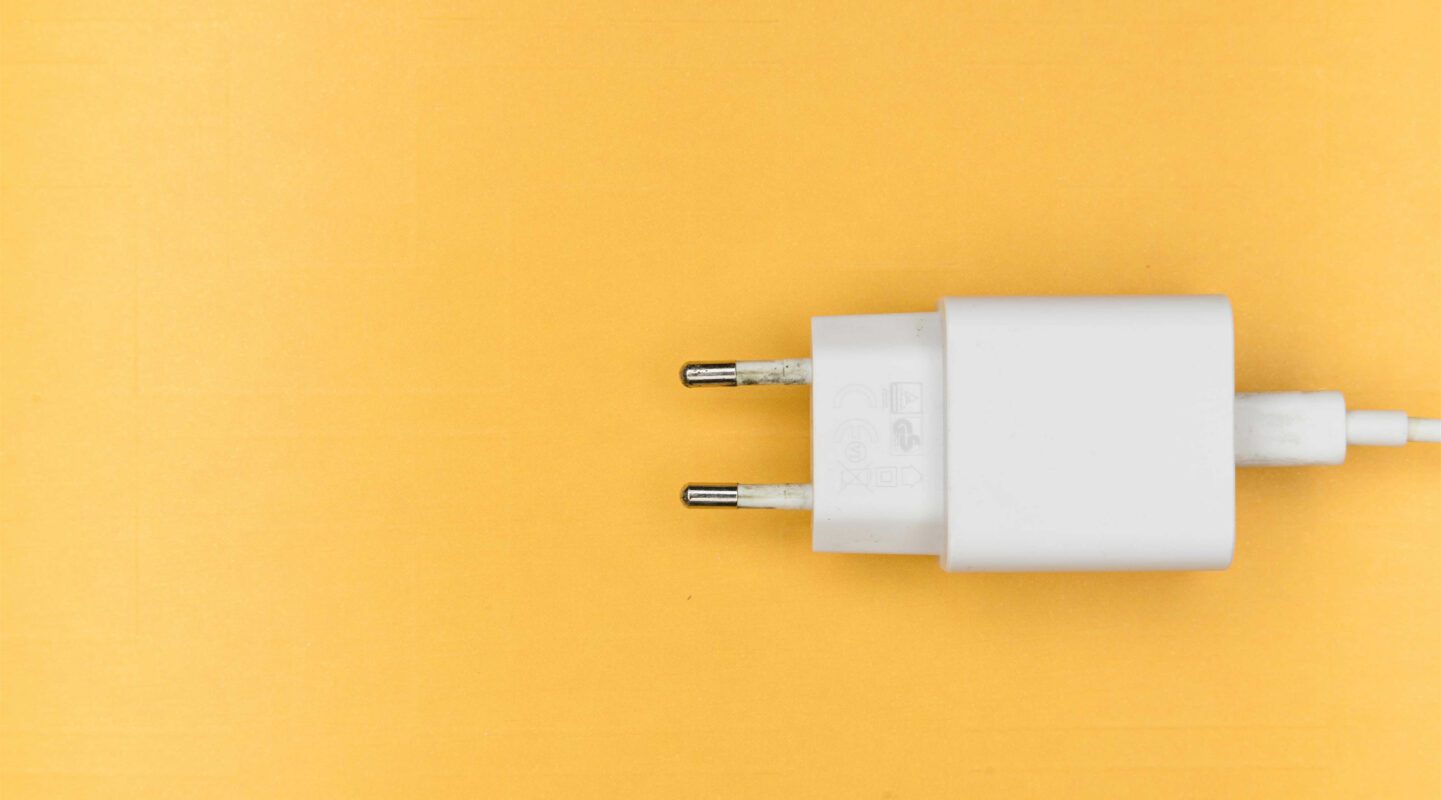

You will need the European standard adapter.
Will my phone work there?
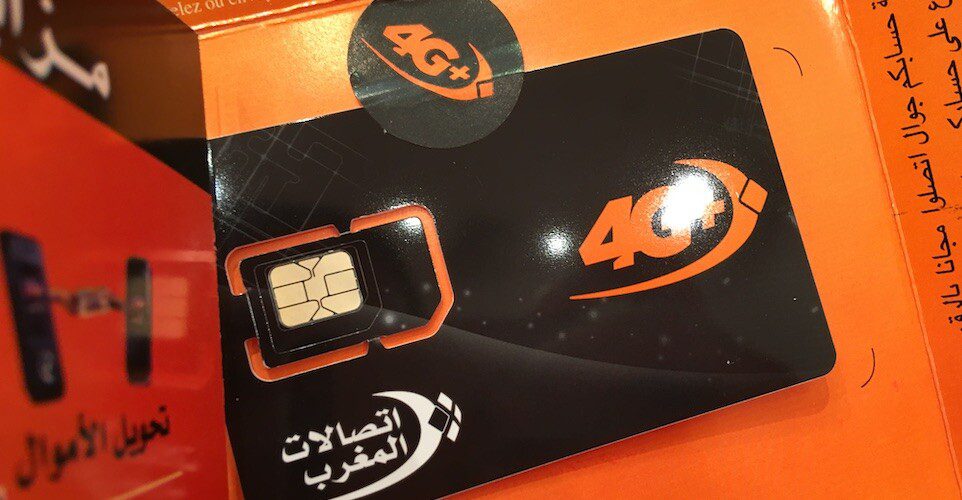

You can get a SIM card (available for free at airports), and purchase 10GB for about 10 euros.
Will I easily find fresh fruits, vegetables and water?
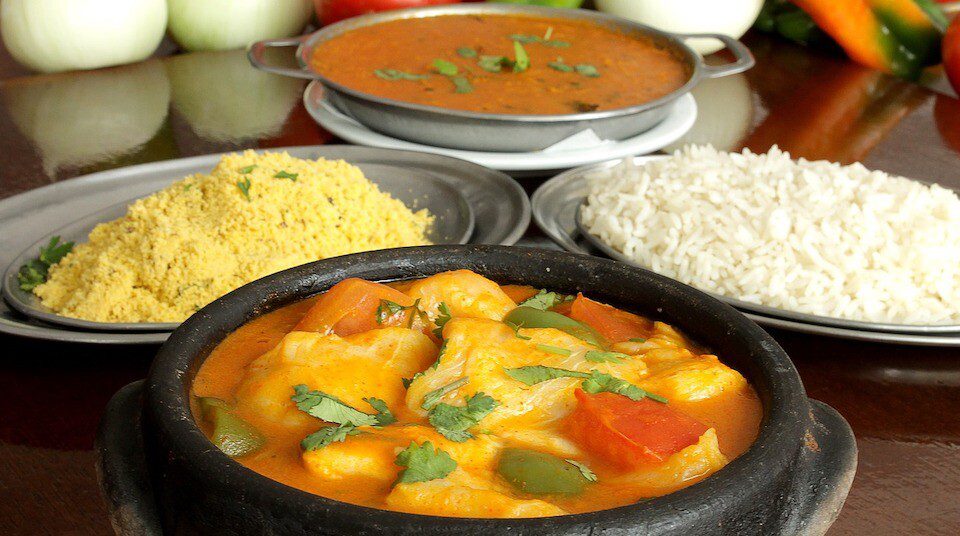

Unlike Western countries that are rapidly shifting to packaged foods or fast food, Morocco maintains almost exclusively local production, even for items like fruits and vegetables. Consequently, while diversity may be limited, most produce reaches the table as it would have in olden days—without processing or pesticides.
If you remain concerned about fresh produce hygiene, adopt the local practice: squeeze generous fresh lemon juice over dishes when served. This enhances food safety while adding refreshing flavor. Always avoid perishable items. As in most foreign destinations, drink bottled water for safety and refrain from ice cubes and raw vegetable salads.
Night in the desert
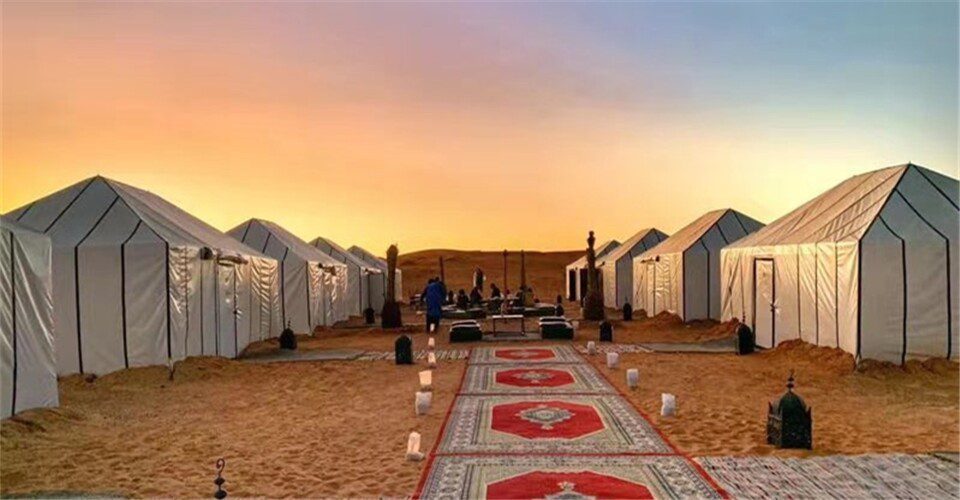

Before embarking on camel treks to desert camps, carry approximately 3 liters of water per person (mandatory, though our guides will provide this).
Savor the local cuisine—it’s one of the primary reasons this country deserves your visit!
Don’t forget your camera, but the journey’s highlight will be eternally engraved in your memory: the profound silence, starry skies, Milky Way, distinctive scents… these magically surreal landscapes.
Contact us for more travel information!

